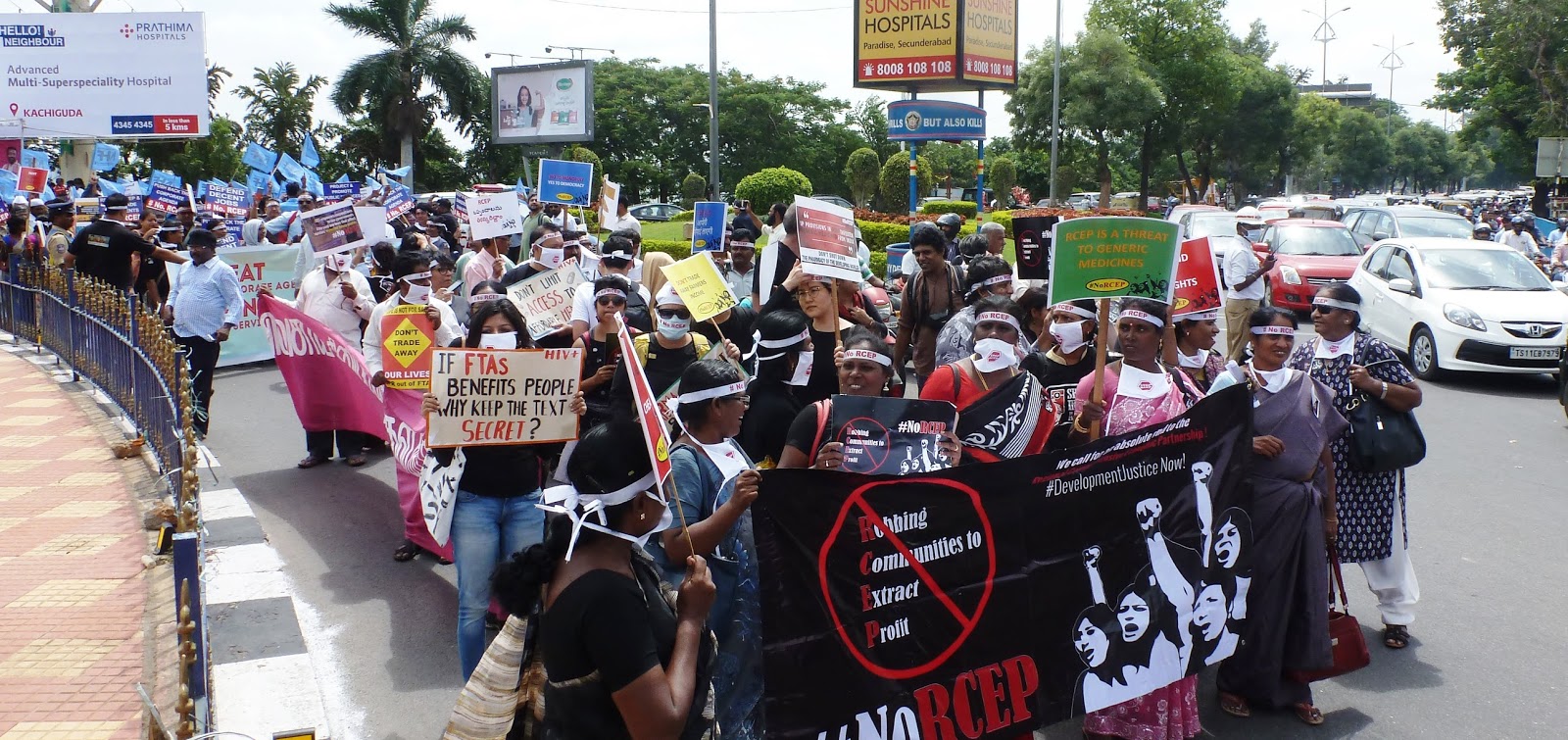RCEP talks in Indonesia focus on concessions, crafting of sensitive list
Business Mirror | 5 February 2018
RCEP talks in Indonesia focus on concessions, crafting of sensitive list
By Elijah Felice Rosales
As the Trans-Pacific Partnership (TPP) made significant headway in January, negotiating countries in the Regional Comprehensive Economic Partnership (RCEP) are pressured to conclude the trade deal, and they try to make progress in the ongoing talks in Indonesia.
Trade Secretary Ramon M. Lopez told the BusinessMirror the 16 RCEP negotiating countries are currently finetuning the process and parameters of the proposed agreement. Lead negotiators are in Yogyakarta on the island of Java for the continuation of talks.
According to Lopez, the round in Indonesia is focused on identifying what products will be listed under the sensitive list of each country. As for the Philippines, Lopez said it will be the “usual agricultural products” that it cannot subject to competition with imports.
Former Tariff Commissioner George N. Manzano said he expects the government to place rice, sugar, garlic and other staple under the sensitive list.
He explained these are the products that will most likely suffer if the country allows its imported counterparts, which are usually priced cheaper, to enter the domestic market.
“There are certain products, mostly agricultural—in many countries, including the Philippines—that [local] producers might find it difficult to compete against cheaper imported products.
“ºThe sensitive list is like a limited list in which the reduction of tariff is longer, or the reduction is not immediate to give the industry the time to adjust,” Manzano told the BusinessMirror.
Lead negotiators are also modifying concessions and flexibilities that will be put in place once the trade deal is concluded, Lopez said. He noted these concessions are crucial for the negotiating countries to reach a consensus on the proposed agreement.
Manzano said some RCEP negotiating countries might demand the Philippines to impose zero rates on some of its tariff lines if it wishes to place a number of its agricultural products under the sensitive list. “Concessions could be [that some] percent [of your] tariff lines [should be] zero,” he said.
This is why he sees a path shrouded with uncertainty ahead for the RCEP. “It should have been finished last year, but you have 16 countries together—each one with its own trade agenda—it should take [longer time]. It is not easy. It depends,” Manzano said, adding negotiating countries have yet to delve on the nitty-gritty of the trade deal—that is, trade in services.
The former tariff commissioner also said there is definitely pressure on the side of the China-led RCEP with the progress gained by its counterpart TPP in January. He said “there is a little bit of a race,” but pointed out it is the RCEP that is trailing the TPP.
As for Lopez, he said he is “moderately confident” the RCEP will be finalized this year. The 10 member-states of the Asean, Australia, China, India, Japan, South Korea and New Zealand have all committed to conclude the proposed agreement this year.
To be able to finalize the trade deal, Asean member-states will need to consolidate its free-trade agreements (FTAs) with its trading partners and build new economic linkages between those that do not have bilateral FTAs with each other.
In a joint statement last November, the RCEP negotiating countries vowed to continue with the talks to achieve “a modern, comprehensive, high-quality and mutually beneficial economic partnership agreement that would support an open and enabling trade and investment environment in the region.”
In 2016 the RCEP economies accounted for almost half of the world population, 31.6 percent of global output, 28.5 percent of global trade and about 20 percent of the global foreign direct investment inflows.
The RCEP will cover trade in goods, trade in services, investment, economic and technical cooperation, intellectual property, competition, e-commerce, dispute settlement and other trade issues.






